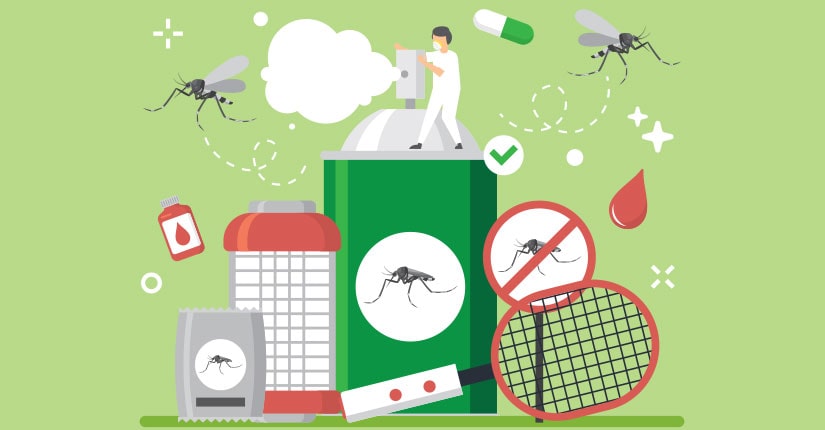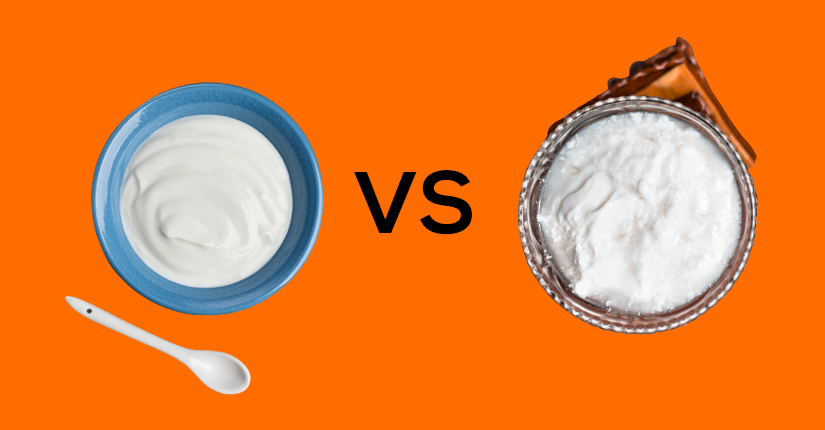The Buzz of the Monsoon: Dengue v/s Malaria
By Nmami Agarwal 16-Aug 2021 Reading Time: 3 Mins

Monsoon is said to be the time when nature quenches the thirst of Mother Earth, but with all the beauty and greenery around, it is the same time when the spread of infections is also very high. Change in temperature and humidity lead to the growth and survival, contamination and transmission of germs through food, air, water, flies, and mosquitoes. Malaria and Dengue are the two common mosquito infections and are a great threat to hundreds of lives in the country.
Let us look at some of the differences between Malaria and Dengue.
Malaria vs Dengue
Even though both Malaria and Dengue are mosquito-borne diseases, there is a difference between the two. Malaria is caused by Plasmodium – a single-celled parasite and is transmitted through the bite of the female Anopheles mosquito. Dengue, on the other hand, is transmitted by the bite of an Aedes mosquito. These mosquitoes transmit the disease by biting and spreading the blood of people infected by the virus, usually in the early morning or at dusk. The symptoms of malaria are usually seen from 8-25 days after the mosquito bites, while in case of dengue, symptoms are visible in 2-7 days of the bite.
Symptoms of Malaria
People infected with Malaria will generally exhibit symptoms such as:
- Fever and chills
- Headaches
- Nausea and vomiting
- Muscle pain and fatigue
- Feeling full even without eating
- Pain in the upper left abdomen
Symptoms of dengue
People infected with Dengue may also exhibit symptoms such as high fever and nausea, but may also have additional symptoms such as:
- Pain behind the eyes
- Mild to active bleeding
- Swollen glands
- Rashes
- Joint pains
- Reduction in the White Blood Cells(WBC) count. The dengue virus can damage your bone marrow, which is the primary platelet producing centre of the body
Over to you
Dengue and Malaria are the two most common diseases having a high death rate in India. And if you are someone living around an unhygienic neighbourhood, water clogged surroundings and tropical weather, you should be extra cautious. If the fever continues for more than 2-3 days, get yourself tested. With dengue, you might witness fever appearing and disappearing every couple of days. While malaria’s duration is a shorter one where one experiences sweat and extreme cold.





















